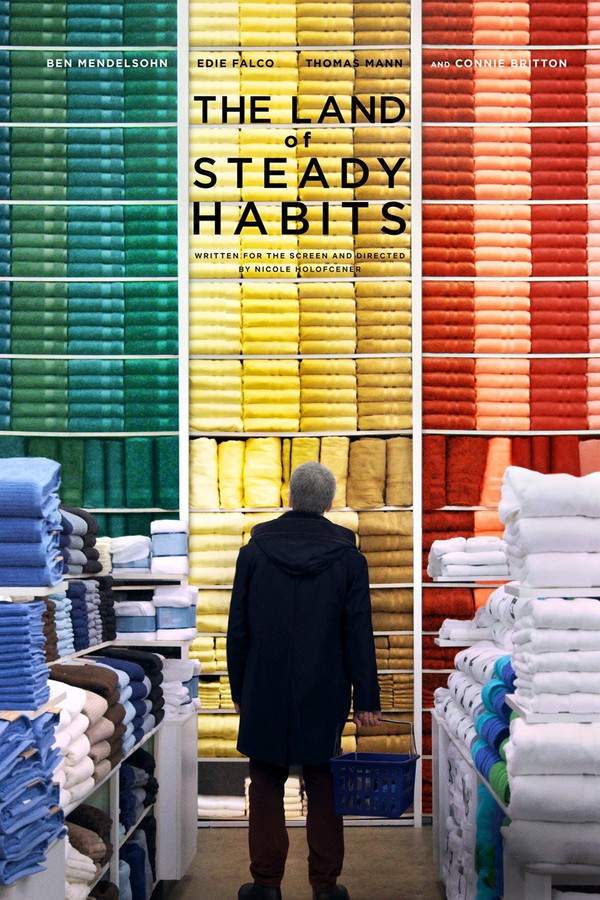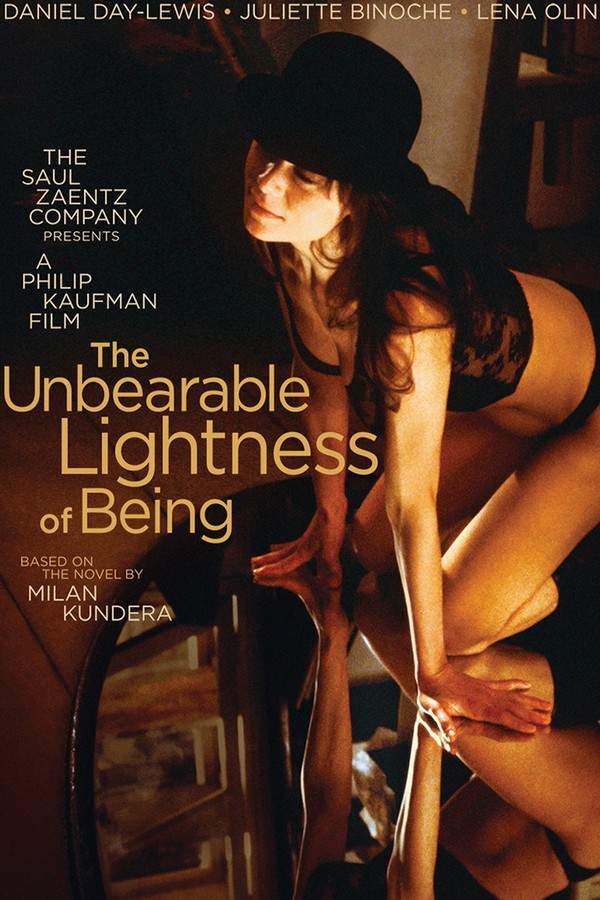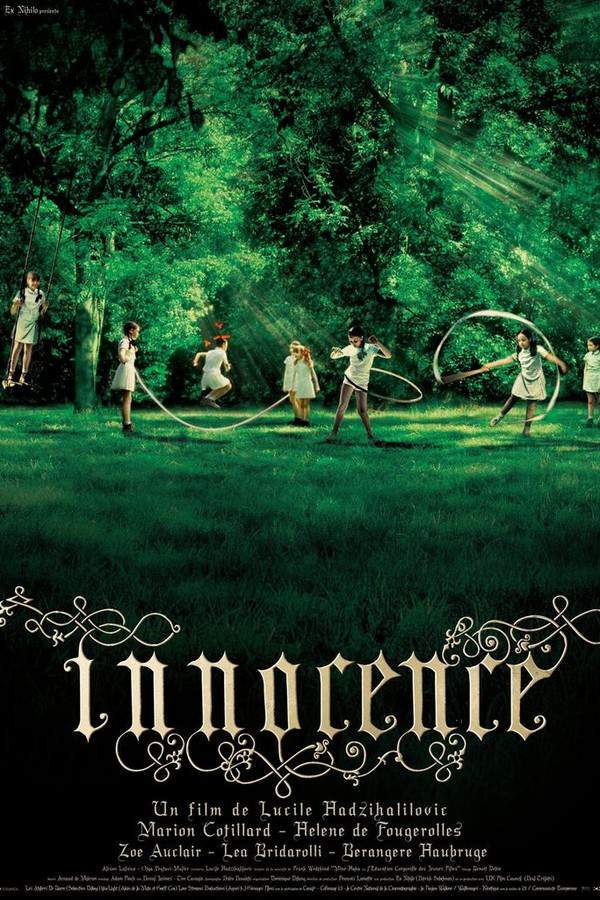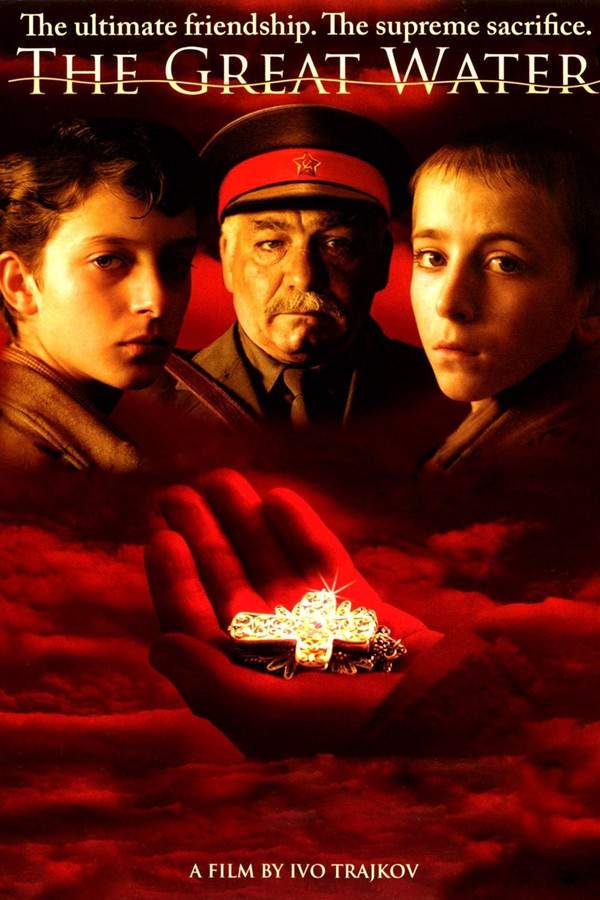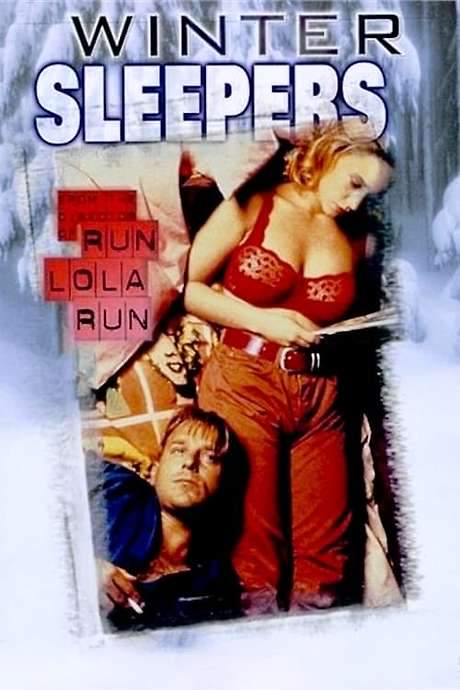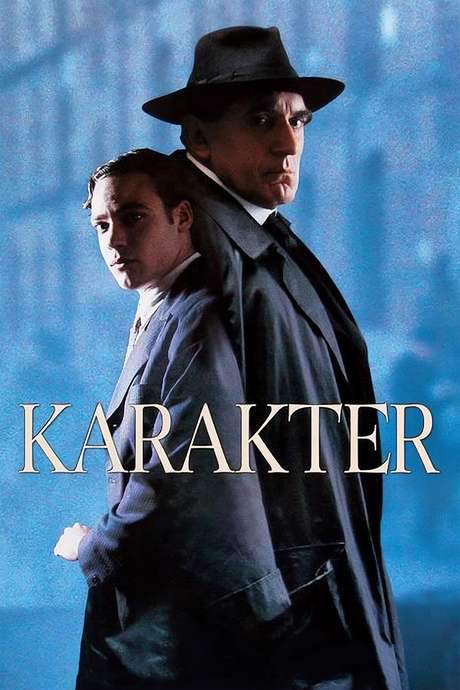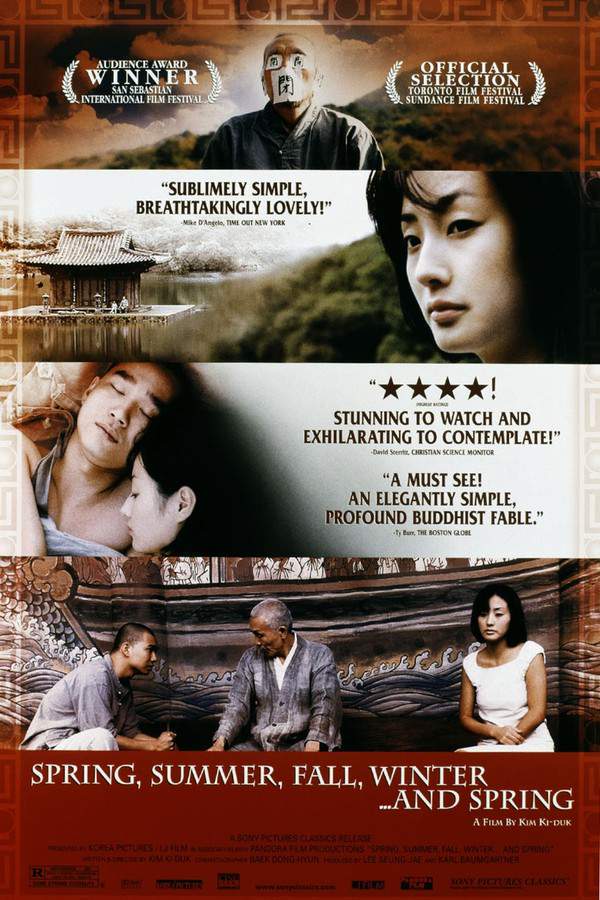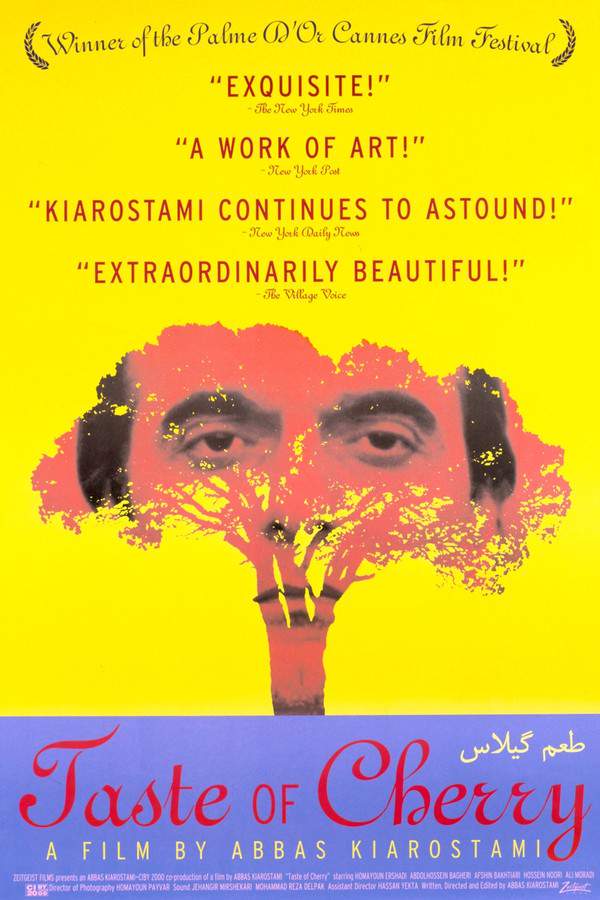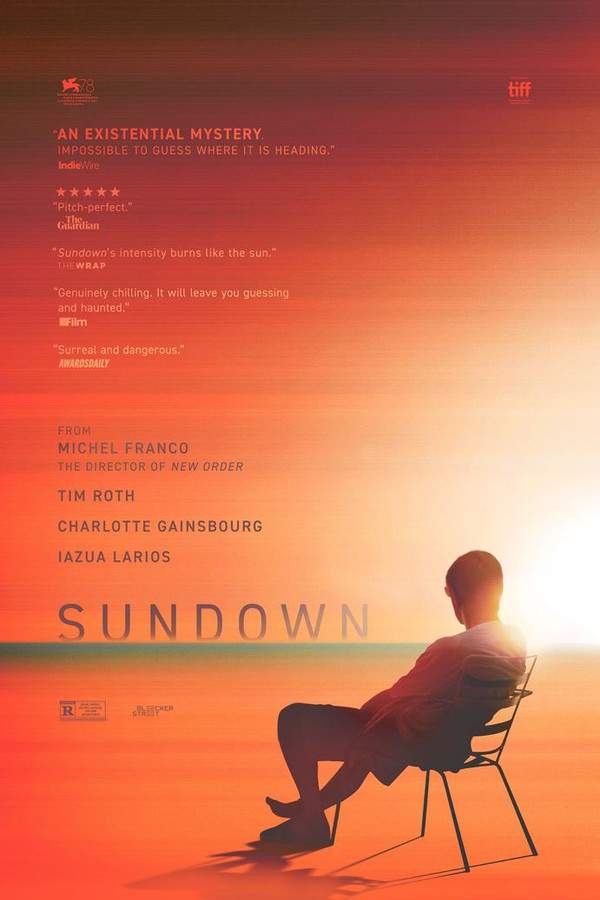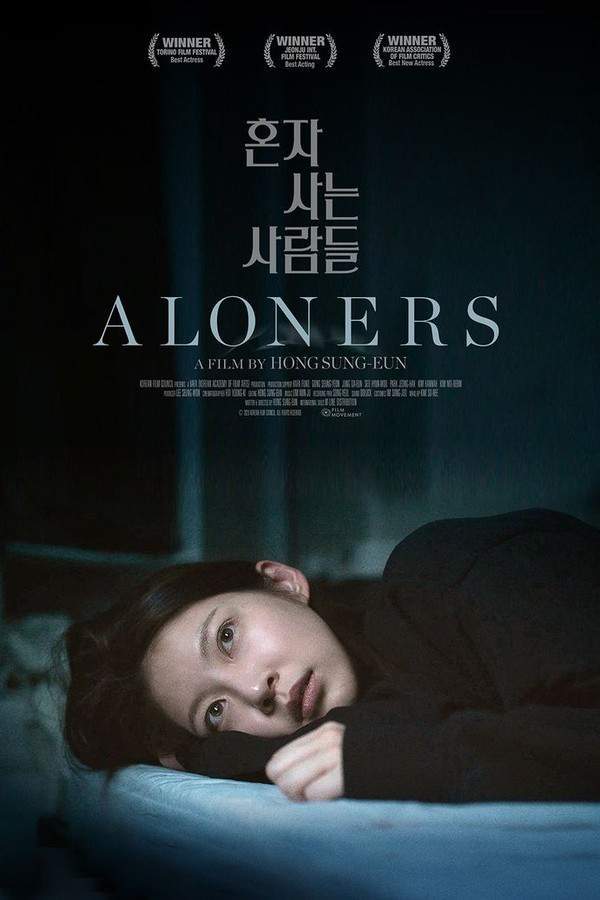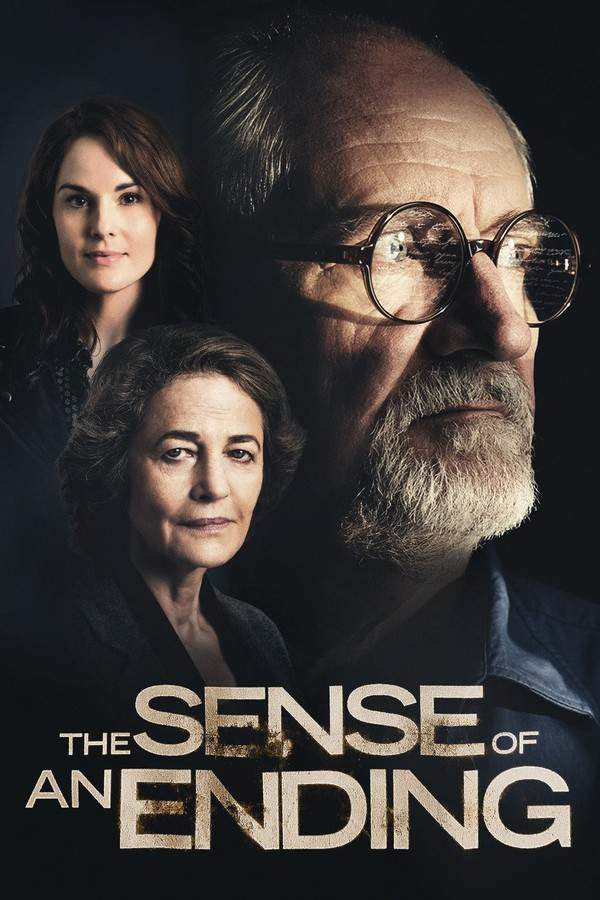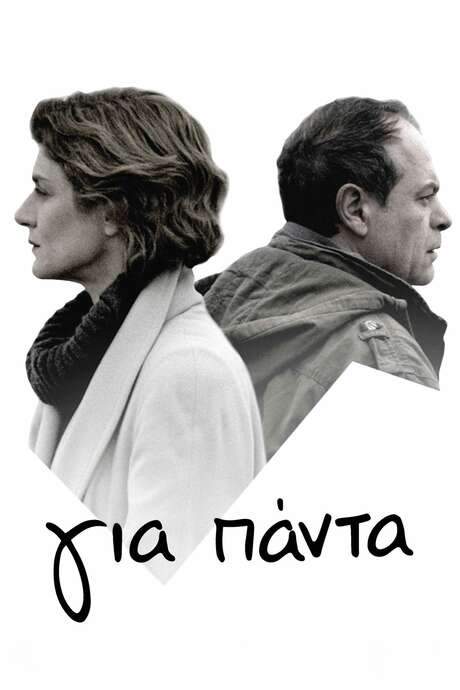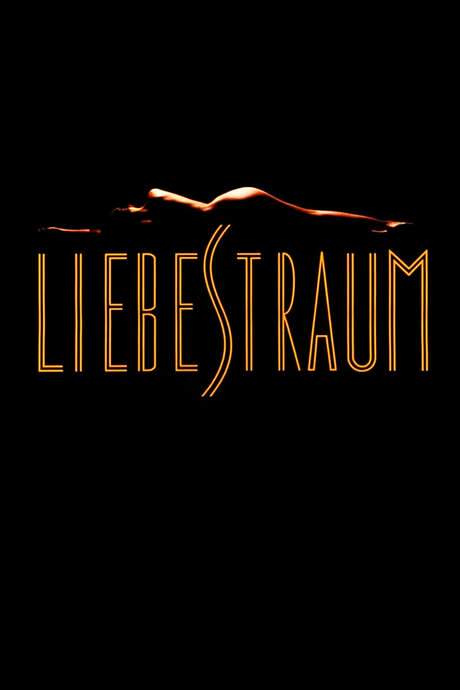
The Fever
Year: 2004
Runtime: 83 mins
Language: English
Director: Carlo Gabriel Nero
Look beyond comfort. Tells the story of a woman who gets involved in politics with no previous contact with world events.
Warning: spoilers below!
Haven’t seen The Fever yet? This summary contains major spoilers. Bookmark the page, watch the movie, and come back for the full breakdown. If you're ready, scroll on and relive the story!
The Fever (2004) – Full Plot Summary & Ending Explained
Read the complete plot breakdown of The Fever (2004), including all key story events, major twists, and the ending explained in detail. Discover what really happened—and what it all means.
An unnamed urban sophisticate, Vanessa Redgrave, undergoes a quiet yet piercing existential crisis as she becomes suddenly aware of the entangled web of world politics, economic exploitation, and the vapid consumerism that has long framed her comfortable life. The film follows her awakening with a measured, reflective pace, inviting viewers to consider how vast systems can shape personal perception and value.
A sequence of events pulls her toward an unnamed third‑world country that is presented in the story as an exotic locale tucked away somewhere in Eastern Europe, a place where the economy and the daily life of its people seem to orbit around the tourist industry. It’s here that the surface pleasures—access to certain products, moments of luxury, and the thrill of discovery—offer a fleeting escape, even as the deeper truth behind the façade begins to unsettle her. The journey is not simply a trip but a pivot point that forces her to confront a more complex and troubling reality beyond her familiar orbit.
Her growing awareness is sharpened by a reporter on the ground, a journalist whose perspective cuts through the sheen of travel and spectacle. Michael Moore inserts a clarifying doubt into her experience, proposing that she visit the war‑torn neighboring region to witness a different side of life in the same broader area. His insistence is not just about geography but about witnessing the consequences of conflict, inequality, and neglect that rarely enter the glossy pages of elite culture. This suggestion becomes the catalyst for the changes that follow, pushing her toward a path she cannot unsee.
Returning home, she discovers that her old life—its operas, its debates about art and theater, its shopping for “beautiful things”—no longer fits the person she has become. The novelty of refined pleasures feels diminished against the scale of what she has learned and the moral questions that now trouble her. The contrast between luxury and deprivation sharpens into a judgment she can no longer resist, a reckoning with the privilege that has surrounded her and the real effects of distant suffering on people she had barely considered.
Her inner struggle intensifies as she travels back to the war‑torn nation to pursue these conflicting feelings further. The experience spirals into a feverish episode in a run‑down hotel, a claustrophobic setting where her inner voice interrogates her need for comfort and her sense of entitlement. In that feverish moment, a powerful sense of revelation takes hold, a visceral sense of connection that transcends her previous boundaries and asks her to see herself as part of a broader human fabric rather than as a detached observer.
From this intimate confrontation emerges a profound transformation: she begins to perceive a fundamental unity with all life and the truth that material wealth and personal prestige are, in the grand scheme, transient. The film presents this shift as a kind of enlightenment that is at once brutal and undeniable, a breaking away from self‑preservation toward a more expansive responsibility toward others. She emerges with a new awareness of how her choices ripple outward and how her own life is inextricably linked to the lives of strangers around the world.
Enlightenment, the film suggests, is not a comfortable revelation but a jarring, liberating reckoning. It forces a reckoning with the moral weight of privilege, the reality of global inequities, and the call to live with greater empathy and accountability. The closing sense is not one of simple triumph but of a tempered, challenging clarity about what it means to be truly free in a world where comfort and conscience often collide.
Enlightenment Can Be Brutal.
Last Updated: October 09, 2025 at 15:19
Explore Movie Threads
Discover curated groups of movies connected by mood, themes, and story style. Browse collections built around emotion, atmosphere, and narrative focus to easily find films that match what you feel like watching right now.
Movies about political and moral awakenings like The Fever
Stories of sheltered lives disrupted by a jarring encounter with harsh realities.If you liked The Fever, you'll appreciate these films about characters undergoing a profound political or moral awakening. They explore the unsettling journey from insulated comfort to a sobering new awareness, dealing with themes of privilege, guilt, and global inequality.
Narrative Summary
These narratives follow a character, often from a position of insular privilege, who is confronted with a truth about systemic injustice or suffering. The plot revolves around their internal crisis as they grapple with this new knowledge, leading to a loss of innocence and a challenging redefinition of their identity and responsibilities.
Why These Movies?
Movies in this thread are grouped by their shared focus on a specific character arc: the disruption of a comfortable life by a moral or political revelation. They share a heavy emotional weight, a melancholic or bittersweet tone, and a serious engagement with themes of empathy and responsibility.
Slow burn existential dramas with a heavy mood like The Fever
Contemplative dramas where a quiet dread builds into a profound personal crisis.For viewers seeking more movies like The Fever, this thread collects slow-paced, introspective dramas centered on an existential crisis. These films feature a heavy emotional mood, melancholic tone, and a focus on a character's internal journey of reckoning and awakening.
Narrative Summary
The narrative pattern involves a protagonist experiencing a gradual but persistent feeling that their life lacks meaning or is built on an unethical foundation. The story unfolds quietly, focusing on their internal reflections and small, accumulating realizations rather than dramatic plot twists, culminating in a transformative but painful new clarity.
Why These Movies?
These films are united by their specific mood and pacing: a slow-burn approach to exploring deep existential themes. They prioritize internal conflict over external action, creating a consistently heavy, reflective, and often claustrophobic atmosphere that is more contemplative than thrilling.
Unlock the Full Story of The Fever
Don't stop at just watching — explore The Fever in full detail. From the complete plot summary and scene-by-scene timeline to character breakdowns, thematic analysis, and a deep dive into the ending — every page helps you truly understand what The Fever is all about. Plus, discover what's next after the movie.
The Fever Timeline
Track the full timeline of The Fever with every major event arranged chronologically. Perfect for decoding non-linear storytelling, flashbacks, or parallel narratives with a clear scene-by-scene breakdown.

Characters, Settings & Themes in The Fever
Discover the characters, locations, and core themes that shape The Fever. Get insights into symbolic elements, setting significance, and deeper narrative meaning — ideal for thematic analysis and movie breakdowns.

The Fever Spoiler-Free Summary
Get a quick, spoiler-free overview of The Fever that covers the main plot points and key details without revealing any major twists or spoilers. Perfect for those who want to know what to expect before diving in.

More About The Fever
Visit What's After the Movie to explore more about The Fever: box office results, cast and crew info, production details, post-credit scenes, and external links — all in one place for movie fans and researchers.


